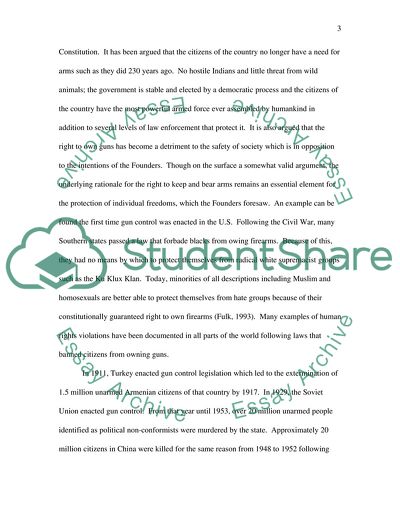Cite this document
(Drifting toward Communism Essay Example | Topics and Well Written Essays - 2250 words, n.d.)
Drifting toward Communism Essay Example | Topics and Well Written Essays - 2250 words. https://studentshare.org/politics/1705669-contemporary-history
Drifting toward Communism Essay Example | Topics and Well Written Essays - 2250 words. https://studentshare.org/politics/1705669-contemporary-history
(Drifting Toward Communism Essay Example | Topics and Well Written Essays - 2250 Words)
Drifting Toward Communism Essay Example | Topics and Well Written Essays - 2250 Words. https://studentshare.org/politics/1705669-contemporary-history.
Drifting Toward Communism Essay Example | Topics and Well Written Essays - 2250 Words. https://studentshare.org/politics/1705669-contemporary-history.
“Drifting Toward Communism Essay Example | Topics and Well Written Essays - 2250 Words”. https://studentshare.org/politics/1705669-contemporary-history.


